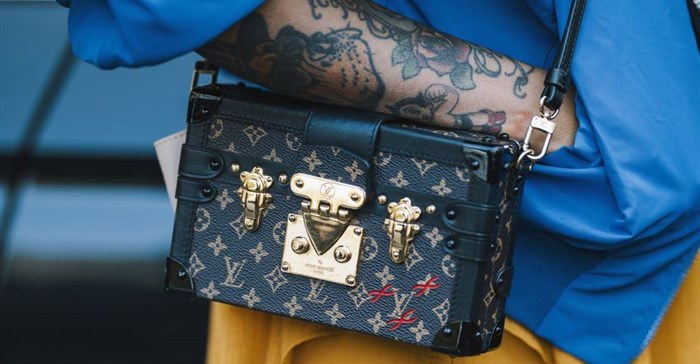
© Grosescu Alberto -
123RFBut what does this all mean for fashion-forward South Africans?
Supply and demand dynamics
Michael Zahariev, co-founder of Luxity, South African pre-owned and authenticated luxury reseller, explains that although driven by higher manufacturing and transport costs, these price hikes are designed to drive up demand since they make owning high-end fashion and accessories even more exclusive and therefore more sought after. And it’s working. The luxury goods market is on the up, growing by 13% in 2021 after shrinking by 20% in 2020.
Looking locally, Zahariev notes that these price increases, coupled with the impact of the pandemic on people’s finances and rising inflation, are making it harder for South Africans to own luxury items. “However, if they opt for the pre-owned luxury option, they can still acquire these pieces but at a more affordable price. Why pay R46,000 for a Versace bag, for instance, when you can get it for R25,000?
Pre-owned luxury products are also attainable sooner than they would be if ordered directly from the designer as there is no waitlist like with the Hermès Birkin bag. What’s more, not all designers have a presence in South Africa or even on the African continent which could impact delivery times. Prada, for instance, closed its only South African store during the pandemic. Then there’s the lack of stock in local brick and mortar stores due to supply chain disruptions as a consequence of the Covid-19 crisis.”
He adds that, in the past, South Africans would have the arduous task of tracking down previous season collections, vintage gems, limited-edition releases, sold-out exclusives and missed fashion drops. “Now, through luxury resellers both online and off, these are more easily accessible. In fact, a study by McKinsey found that the majority of consumers prefer buying pre-owned luxury items as this gives them access to hard-to-find or no-longer-available products.”
Far more than fashion
Over and above the affordability and accessibility elements, Zahariev shares that the local market is growing, with more and more South Africans selling pre-owned luxury items. “Increased demand, coupled with constrained supply, means that sellers are getting even more return for their items. Some are even investment pieces that are likely to yield a return over time. For example, Chanel handbags – like the iconic medium flap bag – have been shown to produce a better return on investment than gold.”
Pre-owned luxury purchases present buyers with a possible investment opportunity since designer goods retain their value should they want to resell in the future. “They can also rest assured knowing that the pre-owned luxury market is thriving – it even outpaced the new luxury goods market by 32% between 2017 and 2021[vii].”
He concludes by saying, “There is a growing appetite amongst South Africans for luxury goods with frequent queues being reported in Sandton City’s Diamond Walk which houses luxury boutiques like Louis Vuitton, Gucci, and Dolce & Gabbana. But with prices soaring, pre-owned luxury is stepping up to sate the hunger for designer fashion.”
To create awareness around this, Luxity will be opening an interactive pop-up store in Diamond Walk where shoppers can engage with pre-owned items.





































